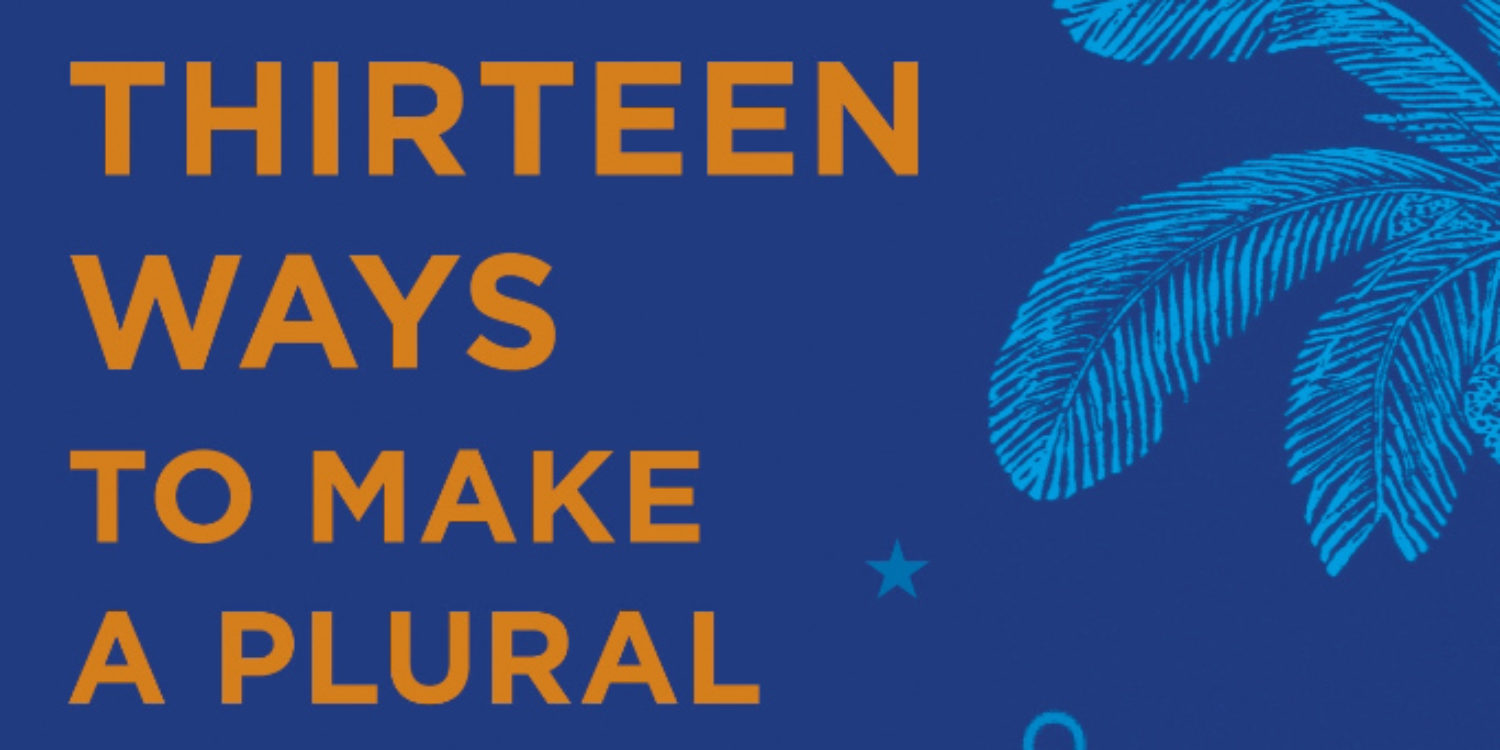Ahead of his online event with us on 19 May, Jacob Halpin, author of “13 Ways to Make A Plural: Preparing to Learn Arabic”, offers his advice for those thinking about learning Arabic during the lockdown.
Our activities look likely to be restricted for some time and many people are using the extra time to learn a new skill. So, how about a language? Can you take up Arabic even while locked-down and socially distanced?
Absolutely. And here’s my top tip for getting started:
Press pause.
It sounds like odd advice, I know. Language-learning is well suited to the virtual environments we’re all becoming accustomed to. There are lots of great resources available, from vocabulary apps to online conversation partners. And now classes themselves are increasingly going virtual, including with the Arab British Centre.
So why press pause?
Because, before you dive in, it’s really important to work out what you want to get from Arabic. It’s a fascinating language, but it’s also a tough one.
I learned Arabic through a programme with the Foreign Office, studying in London, Amman and Beirut. I noticed that many Arabic students wound up frustrated having expended a lot of effort trying to learn, largely because they lacked a clear sense of what they sought to achieve at the outset.
A little time spent early on working out where you’re heading and how to get there will pay off many times over later on.
Above all, ask yourself why you want to learn Arabic. As a professional skill? To help your holiday in Egypt go smoothly? To understand the Quran? Or perhaps a general curiosity for the language?
The answer will determine the kind of Arabic you’ll need. The big choice for most students is between Modern Standard Arabic, which is formal, complex and used in written material and the media, and a variety of local dialects, which are used in all aspects of daily life. You’ll need to find a course (and a dictionary) that matches the Arabic you’re after.
In turn, the type of Arabic you study will affect the pace at which you progress. There’s no point pretending otherwise: standard Arabic is slow going. The dialects are not easy either, but give you a considerably faster return on your study hours.
For example, to reach a level where you can hold a conversation on a range of simple topics in an Arabic dialect might require a weekly evening class for a year, with some homework thrown in. Reaching an equivalent level in standard Arabic, with full use of Arabic script and all the relevant grammar, would be likely to take upwards of double this. Consider what level you want to reach as you work out a goal that will be meaningful for you as well as achievable.
With these basic questions clear, you’re ready to press play. Sign up to an Arabic course, grab the appropriate Arabic dictionary, and make full use of your time on lockdown!
If you’d like to hear more on how to plan and succeed in your Arabic studies I’ll be talking (virtually) with the Arab British Centre on 19 May at 1pm, covering a range of topics including choosing the right Arabic for you, study hints and tips, advice on studying abroad and using Arabic professionally. Find out more and register here.
Jacob Halpin is the author of “Thirteen Ways to Make a Plural: Preparing to Learn Arabic”, a guide for new Arabic students on learning the language successfully. More Arabic tips on Twitter @jacobhalpin.

